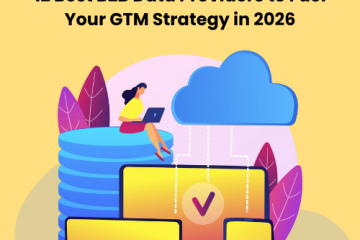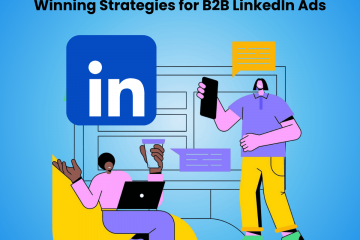Inbound Vs Outbound: Which Marketing Strategy Is Right For Your Business?
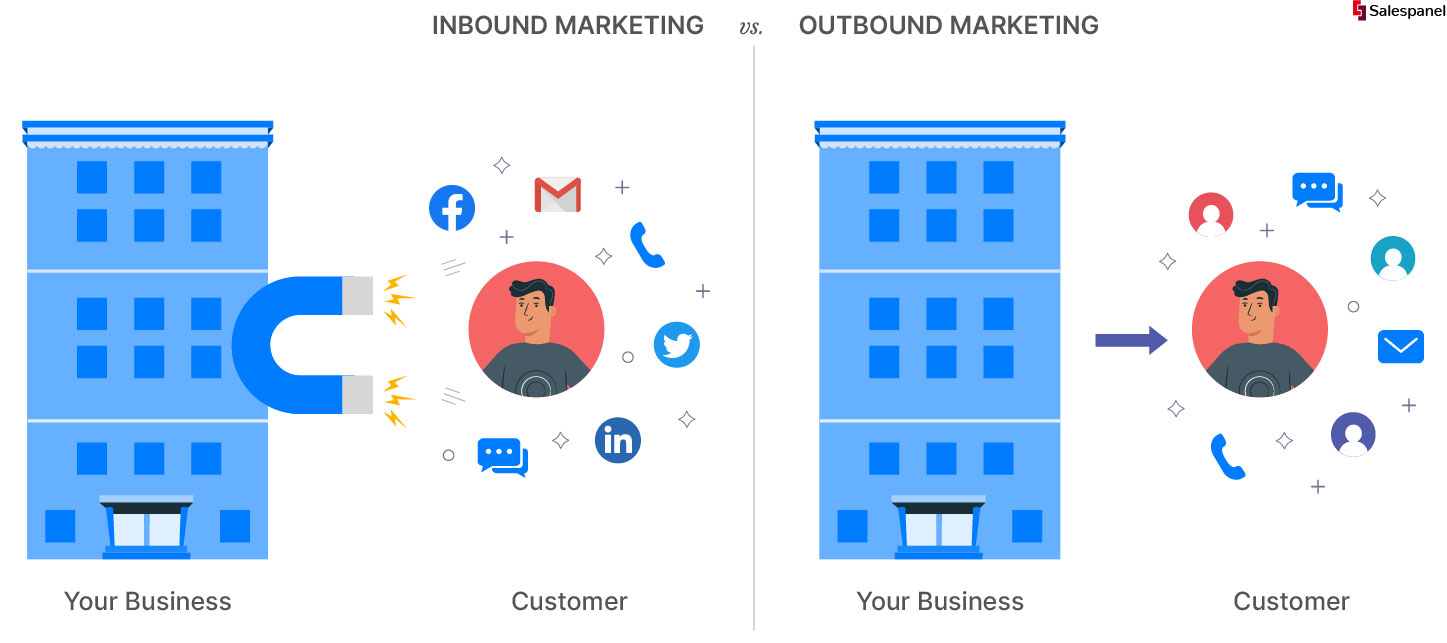
Marketing can take many different forms. It can be something as straightforward as delivering brochures to nearby businesses or running ads for different keywords. It can also mean complex strategies with many moving parts, undertaken by large well-funded marketing departments. Regardless of the size and complexity of your marketing strategy, it can still be broken down into two main categories: Inbound marketing, and outbound marketing.
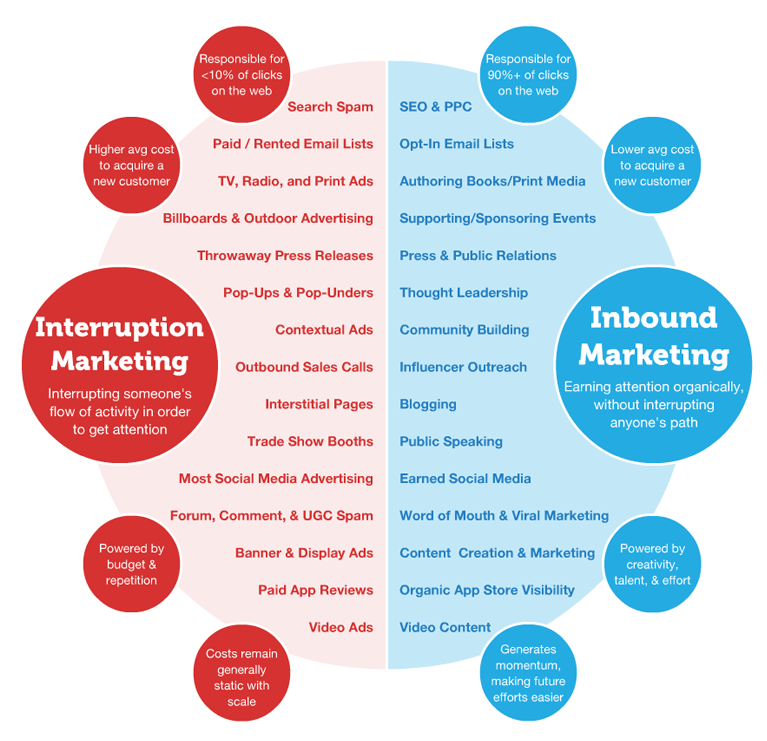
Source: SEOmoz
Inbound Vs Outbound Marketing
Below are some of the key differences between inbound marketing and outbound marketing.
Inbound Marketing
Inbound marketing involves getting potential customers to contact you. It often takes the form of advertising and organic marketing that will help make people be aware of your business and your products, encouraging them to click on a link, give you a call, or contact you in another way. Instead of you going to them, they come to you.
Outbound Marketing
Outbound marketing is the opposite. It involves reaching out to get in touch with potential customers instead of waiting for them to contact you first. A common example of outbound marketing is making cold calls from an existing database of outbound leads.
Inbound Marketing Strategies
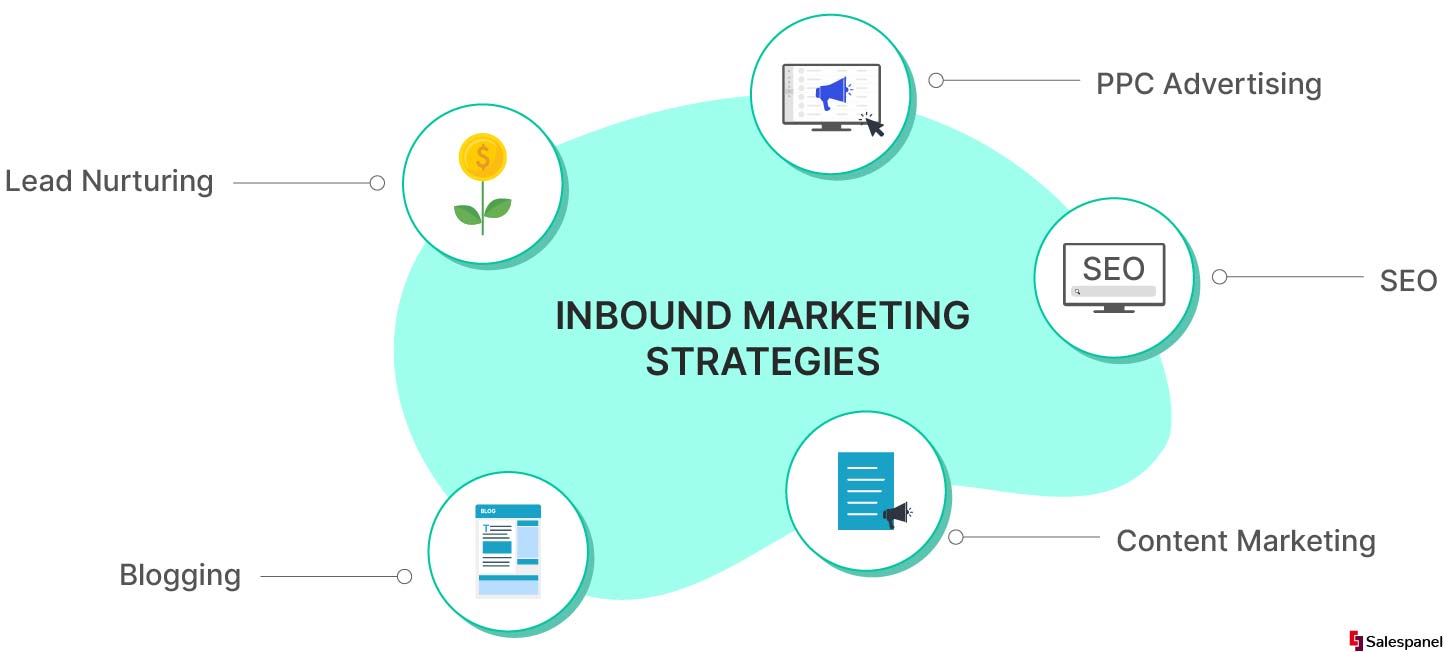
Inbound marketing strategies can take many forms, but the basic principle remains the same. Below are some of the most common types of inbound marketing strategies you will encounter.
PPC Advertising
The most common method of advertising today is online Pay per Click (PPC) advertising. With PPC advertising, the advertiser pays a very small amount to the platform each time somebody clicks on one of their ads. PPC is a lot more affordable and accessible than traditional forms of advertising. It is also highly targeted, making it cost-effective. Commonly used PPC platforms for B2B businesses are Google, LinkedIn, and Facebook.
You can read more about B2B advertising on social media here.
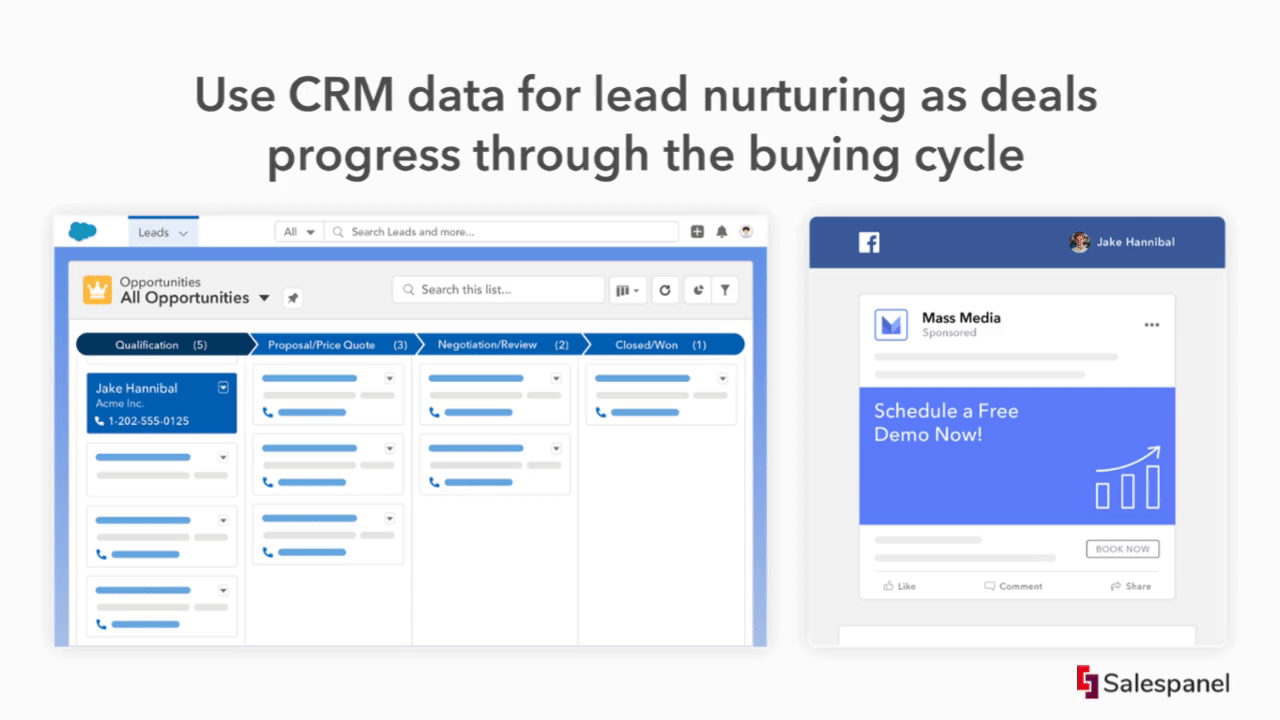
SEO
Search Engine Optimization (SEO) involves employing various strategies that help get your website and content rank high up in the Search Engine Result Pages (SERPS). Listing high in the SERPS means that more people will see your website when they search for something relevant to your website. SEO can be very effective at getting you noticed, although it can take a good amount of budget and patience to get results (which are not guaranteed!).
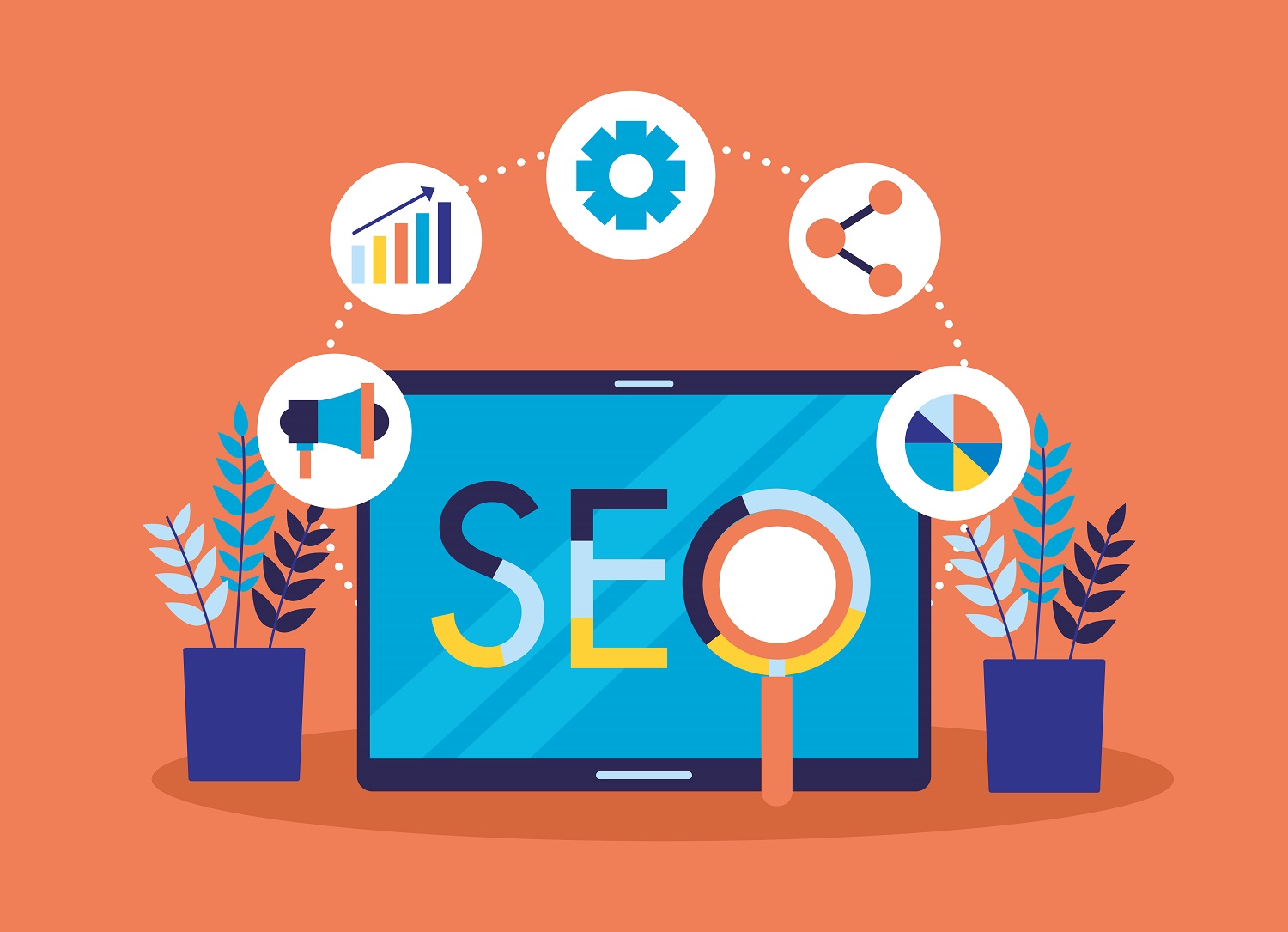
Content Marketing
Content marketing involves creating great quality content that people share with other people. This sharing of content helps ensure that many people see it, helping to make the company a lot more visible. If a single piece of content goes viral then it can literally be seen by millions of people. Content marketing can also create good quality backlinks that will help with SEO.

Blogging
Blogging is one of the most popular inbound marketing methods there is and is used by companies of all sizes. Blogging helps to get businesses noticed online and a good blog can attract some very large followings. Not only can these followings grow over time but they are also likely to consist of people who have an interest in the topic. A good quality blog can result in a significant boost in engagement and revenue for a business.

Almost all inbound-focused companies combine blogging with the SEO strategy.
Lead Nurturing
Lead nurturing involves working with leads to prepare them for a sale. Individual leads are interacted with as personally as possible to help answer their questions and demonstrate the product or service in question is suitable for them. Segmentation and automation are used to help ensure leads are treated individually, as well as helping to save time and reduce expense.
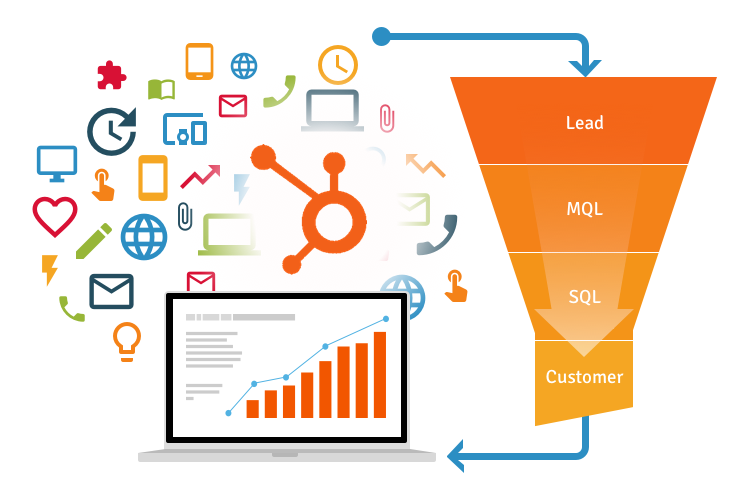
Source: neilpatel.com
Outbound Marketing Strategies
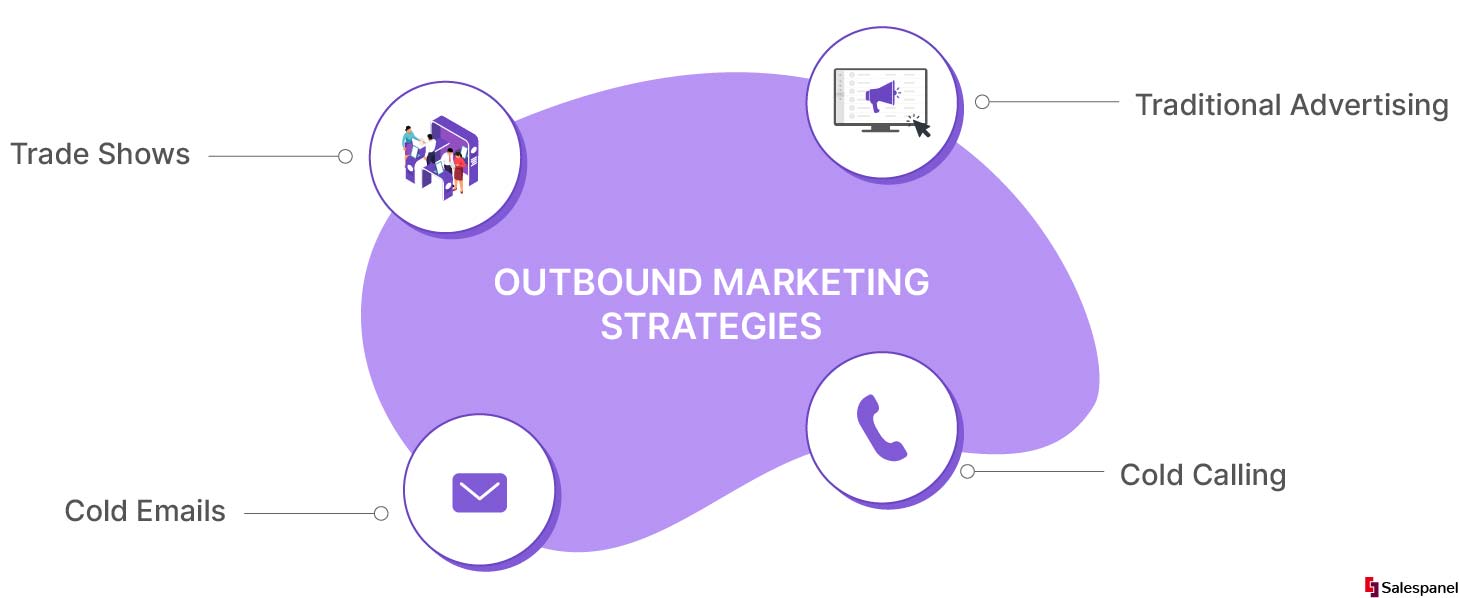
Let’s now have a look at outbound strategies:
Traditional Advertising
Traditional advertising methods like TV or billboard advertising are considered outbound marketing. You show your ads and they are seen by people. Wait, if traditional advertising is considered outbound, why is PPC considered inbound?

Tradition advertising differs from PPC marketing in this regard that PPC involves people first performing a search online, whereas traditional advertisements are shown regardless of whether or not they were solicited.
Cold Calling
Cold calling may not sound like the most sophisticated marketing method but it is still one of the most effective if done well. Cold callers nowadays are armed with software that helps them monitor discussions and keep track of which outbound leads have been called. VoIP also helps to drastically reduce the cost of calling compared to traditional telephone lines – helping to make it a lot more profitable.

Cold Emails
Armed with the right database, marketers can reach out to thousands of prospects. Sophisticated software platforms help make it easy to create campaigns, with sophisticated tools that help novice designers create great-looking and functional emails. Many emails can be sent to a database at the click of a button, and segmentation helps ensure the right people get the right emails.
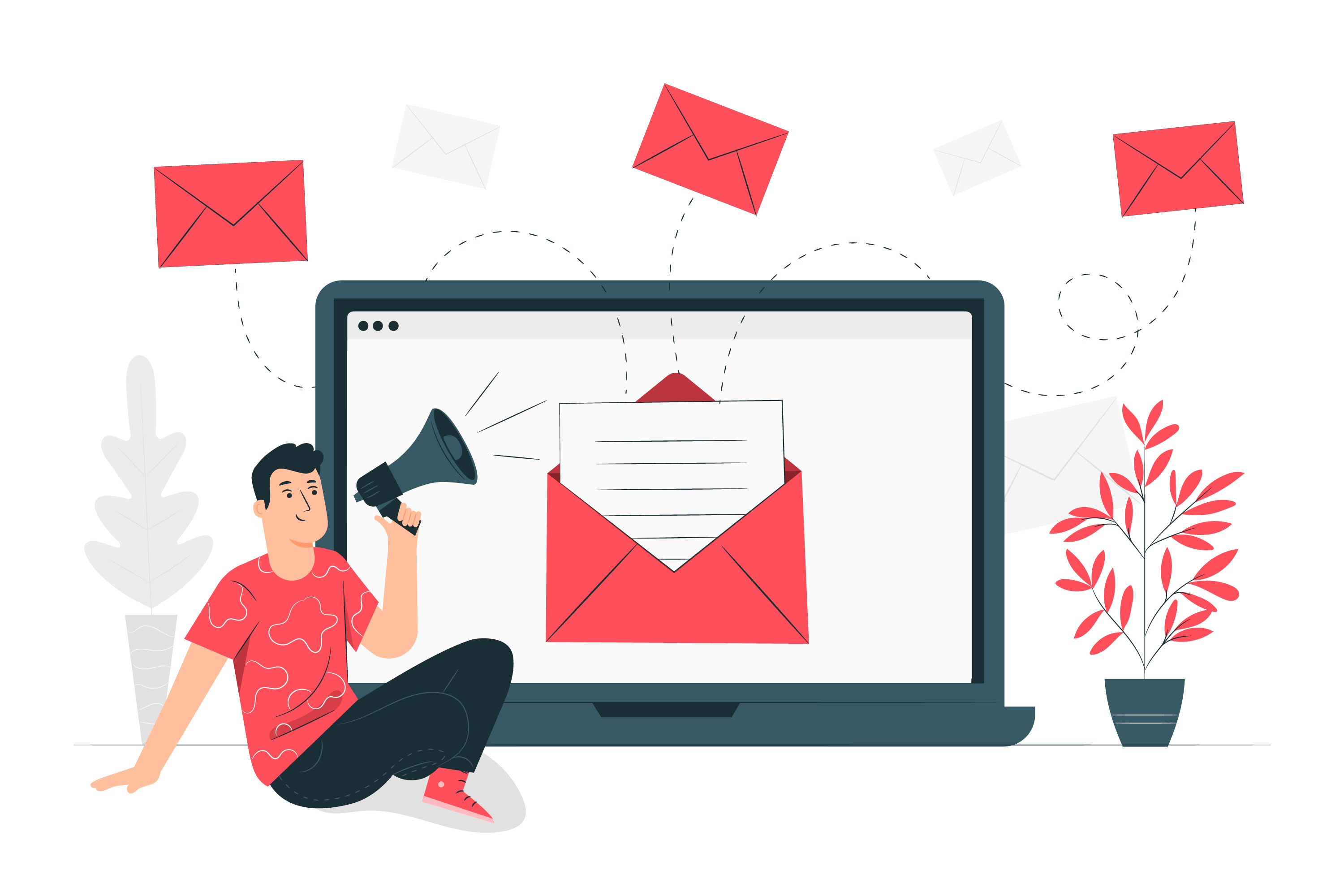
Trade Shows
Companies that attend trade shows can raise their profile significantly to the right audience. They can acquire direct contacts with other companies and people who may become customers at some point in the future. It can also help with networking, and a large network can bring a wide range of benefits to companies and individuals.

Which Strategy Should You Choose?
Whether you choose inbound Vs outbound marketing depends largely on your overall strategy and what you are trying to achieve. Some methods, like traditional advertising, can be very costly, making it inaccessible to many smaller businesses unless done very locally. Other types, like PPC advertising, may be more or less suited to the demographic you’re trying to target.
Perhaps the best answer is that you should try and use a combination of both inbound and outbound marketing. The two will often work closely together and can even be reliant on each other. For example, an inbound marketing tactic can generate an outbound lead database to be used for outgoing marketing tactics.
Conclusion
Marketing has changed a lot thanks to the digital marketing era. But, that does not mean that older methods are now defunct, however, as some traditional strategies still work and continue to be used extensively.
Inbound and outbound should both work well in a B2B environment. Which one is best for you will depend on a variety of factors, and a combination of both is often the best approach to get the maximum results.
Sell more, understand your customers’ journey for free!
Sales and Marketing teams spend millions of dollars to bring visitors to your website. But do you track your customer’s journey? Do you know who buys and why?
Around 8% of your website traffic will sign up on your lead forms. What happens to the other 92% of your traffic? Can you identify your visiting accounts? Can you engage and retarget your qualified visitors even if they are not identified?
